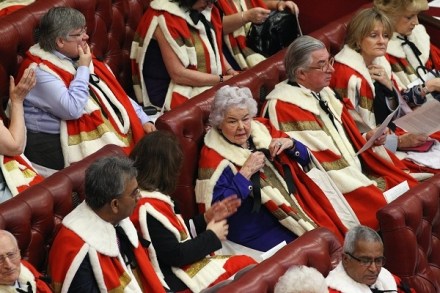QE is no substitute for a growth strategy
So the Bank of England is firing up the presses again, and injecting another £50 billion of Quantitative Easing (on top of the £325 billion we’ve had so far), in a desperate bid to get the economy moving. The Bank’s certainly right that growth’s not forthcoming. GDP in the first quarter of this year was 0.2 per cent below where it was in the first quarter of 2011, and the prospects for Q2 aren’t looking too bright either — especially with the extra Jubilee bank holiday. Some are hoping that the Olympics will help brighten the picture in Q3 — David Cameron says he’s ‘confident that we can derive over




















